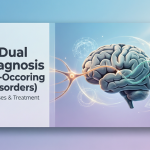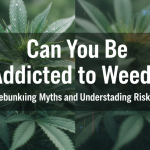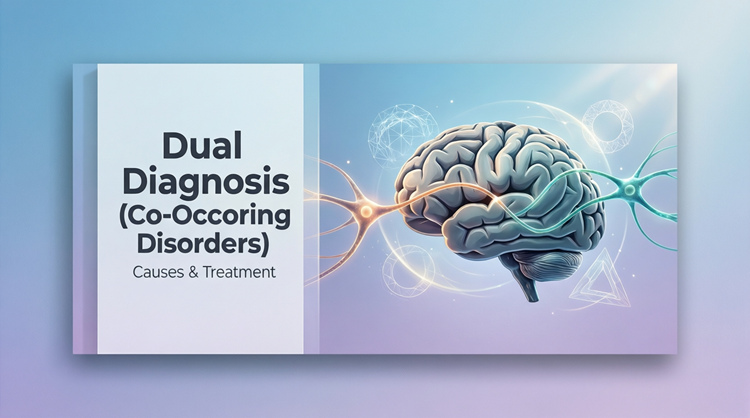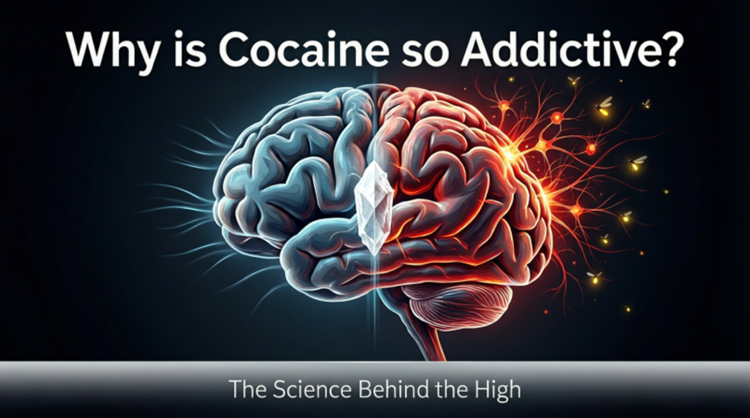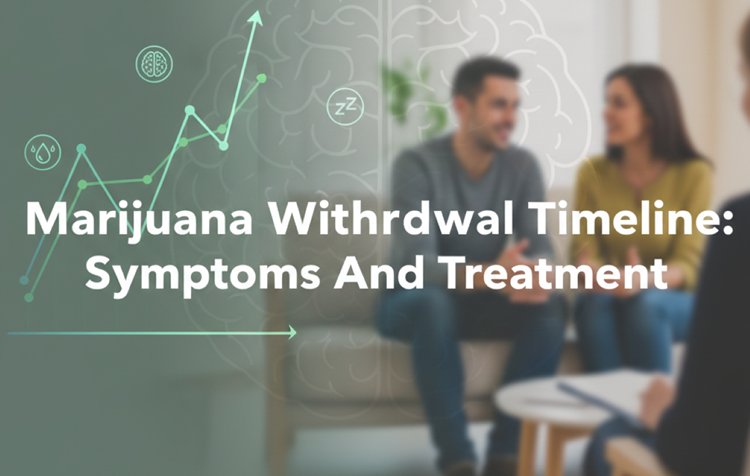In This Blog
- An innovative approach that uses horses to promote emotional, physical, and mental healing.
- Learn what equine-assisted therapy is and how it works.
- Understand who benefits most from this unique therapeutic method.
- Discover its applications in mental health and emotional well-being.
- Explore the physical advantages it offers.
- Uncover the wide range of benefits it provides for individuals from diverse backgrounds.
Introduction
Equine-assisted therapy is a recent treatment program that assists one to relate with themselves by bringing about horses. The horse has the trait of being sensitive and non-judgmental and also gives immediate and dramatic feedback. This is in contrast to the more conventional approach towards talk therapy that suggests that it only involves a fellow human being who not only talks to the client but is also capable of making the client feel better about himself or herself, the world, and being resilient.
The equine therapy has been utilized as a resource in the current treatment programs, either as an attachment therapy, physical therapy or even mental health therapy. Who benefits the most by this special treatment, however? We shall look at the groups and situations that do the best.
What is Equine-Assisted Therapy?
Equine-assisted therapy is an intervention method that involves the use of planned equine-related activities to enhance physical, emotional, and psychological development. These sessions are conducted by the licensed therapists and, in contrast to the recreational horseback riding, there is also the grooming and leading off horse activities or leading activities instead of riding.
The existence of horses promotes awareness, emotional restraint and the establishment of trust. Their automatic capacity to reflect the moods of human beings assists a therapist in leading the participants to a higher level of self-awareness. That is why equine-assisted therapy can be very effective when applied to people who might have problems related to their communication, trauma, and stress.
The Unique Bond Between Humans and Horses
The best thing about equine therapy is the relationship that forms between human beings and the horses. The horse is not like the traditional means of therapy tools; the horse is a living, breathing partner, and this means that they can respond to human actions and emotions in a natural way. This open-ended feedback will help the participants to realize the patterns in them, whether it is anxiety or fear or confidence, and rectify it right away.
It is more than just the interaction. The horses have no preconceived notions and they are also indifferent and this is the reason they are the best friends to the individual who feels misunderstood or is scared to show his/her feelings in places where people are involved. Body language sensitivity helps the participants be more aware of their nonverbal communication, which in most cases leads to improved self-awareness and improved positive relationships with other people who are not involved in the therapy.
Who Benefits the Most from Equine Therapy?
Equine therapy works with people who have trouble opening up in a conventional environment. Adults who have to deal with trauma, anxiety, or depression usually likes the experience, as it is empowering. The equine-assisted therapy also changes emotional control and trust-building experienced with PTSD.
By using horses to rehabilitate addicts, they are doing a favor to horses since they would teach them how to be responsible and patient and exercise self-control which they would need to be sober. In addition, the maladjusted individuals with autism spectrum disorders or developmental issues learn communication, motor skills, and social interactions in a better manner. Simply put, equine therapy provides a breakthrough experience when one is considered to be in a rut and a regular means would have failed to provide the breakthrough.
100% Confidential Support is Available 24/7
No matter what you’re going through, you’re not alone. Our dedicated team is here to provide a safe, judgment-free space where you can talk openly and honestly. Whether you need emotional support, resources, or just someone to listen.
We’re here for you—completely confidential and always respectful of your privacy. Call us today!
Physical Benefits of Equine Therapy
- The goal of equine therapy is still deeper than material returns; this goal also has very strong emotional and social returns:
- Emotional healing: Develops self-esteem, eliminates stress, and regulates mood.
- Safe environment: The real responses of horses make the participants look at the feelings without a feeling of condemnation.
- Social skills: Promotes sympathy, tolerance and cooperation.
- Family influence: It might be an experience related to family-to-family interaction.
- Recovery facilitation, practical development, supplements counseling and group therapy.
All these advantages work out to make equine therapy a holistic treatment- it is effective in healing in emotional, physical and social levels in a wide field in life
Expert’s Advice – Consistency matters; regular equine therapy sessions create lasting progress.
Equine Therapy for Mental Health
The field of mental health can be one of the spheres where equine-assisted therapy can shine the brightest. In order to reduce anxiety and contain emotions and the feeling of grounding, one can concentrate on the relaxing impact of horses. The systematic quality of activities renders patients with depression a routine and responsibility, which are vital to recovery.
The nonverbal communication that the horses can offer is helpful to the especially to the traumatized ones. Such an exchange usually assists people in overcoming fear or suspicion in a friendly atmosphere. This creates the strength, hope, and expectations that go far past the therapy sessions in the long run.
Make the first step to recovery by calling
Who Benefits Most from Equine Therapy?
Group | Key Benefit | Impact |
PTSD | Builds trust and reduces anxiety | Helps reconnect with family and community |
Children with Autism | Encourages focus and routine | Improves communication and social interaction |
Addiction Recovery | Teaches responsibility and self-control | Supports long-term sobriety and resilience |
Teens with Anxiety/Depression | Promotes emotional regulation | Boosts confidence and self-expression |
Adults with Physical Challenges | Improves mobility and balance | Increases independence in daily life |
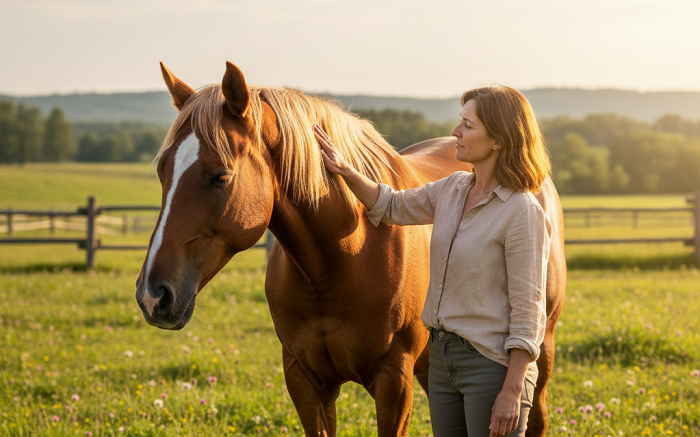
How Equine Therapy Encourages Personal Growth
Along with its curative effect, equine therapy promotes personal growth in the long run. The problems, problem-solving, responsibility, and confidence acquired in the sessions are applied in the workplace and relationships, as well as daily problems. The reason behind this is that most of the participants not only come out of the therapy with a healed soul but also with better life skills, which contribute to wellness.
FACT – An equine therapy review of 2022 identified increased motivation to recover and emotional well-being among addiction treatments in equine therapy.
Deland Treatment Solutions
Battling with Drug and Alcohol Addition? Remember, you are not alone and we are here to help you!
Key Takeaways
- Equine therapy is effective in terms of the emotional, physical, and social levels of individuals.
- It can prove particularly useful in relation to such categories of people as trauma survivors with autism, and people.
- The activities make people self-confident, social, and physically coordinated.
- The consequences of mental health are a decrease of anxiety, the advancement of emotional success, and hardiness.
Equine therapy is a supplement to the traditional approaches and promotes self-improvement in life. - The supplements the traditional method and encourages the person to grow throughout their life.
FAQs About Equine Therapy
What is the goal of equine therapy?
The equine therapy is borderline healing, emotional, and skill-learning oriented using the formal association with the horses. The emotional attachment to the physical exercise leads to the participants becoming better in their level of confidence, communication, and general mental and physical health.
What are the activities of equine therapy?
The equine therapy activities will be typically associated with grooming, feeding, leading, and ground activities. They are responsible, patient, and trusting activities, and they improve such physical skills as coordination and balance. The therapists describe what they do to direct their own treatment objectives.
What to expect with equine therapy?
It is possible to expect that the participants will be taken through a structured program, which will be devoted to the work with horses in the presence of a trained therapist. It can be grooming, leading and elementary exercises. The sessions will be focused on the support of emotional control, self-awareness, communication, and physical development.
What are the principles of equine therapy?
The equine therapy is founded on the principles of nonverbal communication and responsibility of relating with the animals and trust. Horses are the best illustration of human emotions, and they help respondents to identify their emotions and actions. These ideals aid emotional recovery, personal development and enhancement of human relationships.
Who benefits the most from equine therapy?
The beneficiaries are the individuals who have some kind of trauma or the veterans, children with autism, and individuals with anxiety, depression, and substance use disorder. The therapy proves to such groups as it gives them emotional support, boosts confidence, and provides the coping and communication skills that they need.
How much does a horse therapy session cost?
Equine therapy is a costly service, which depends on its place, time, and the service provider. The price will vary in the average sessions, ranging between 75 and 150 dollars. The other centers are also offering group sessions or sliding scale fees, and part of the payment of the fee can be done using some insurance coverage.






